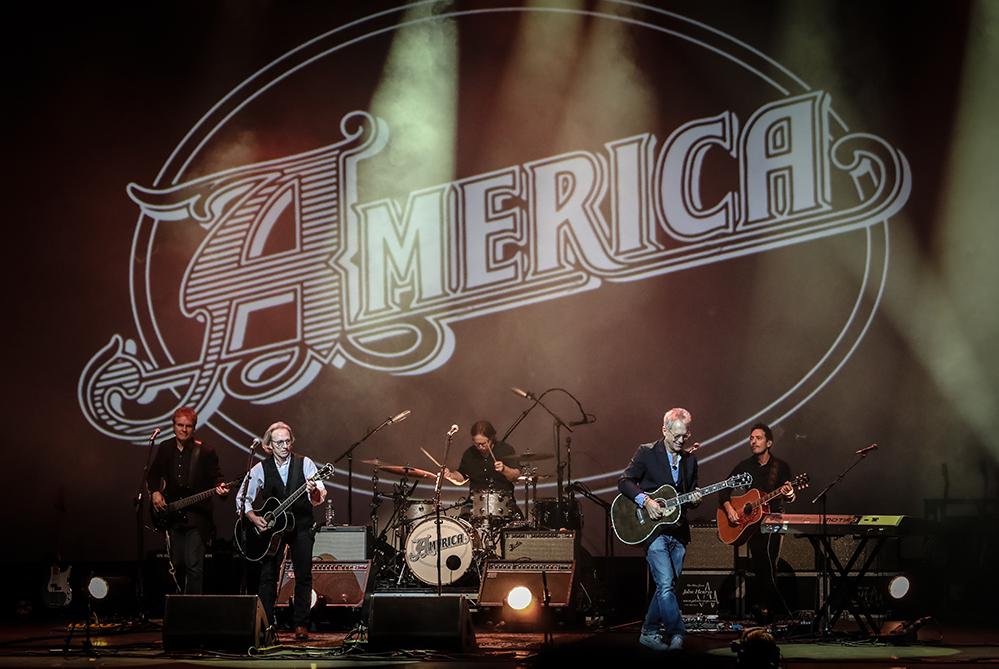America will take their 50th anniversary tour around Australia this November and December. It’s been a year chock full of retrospective celebrations for the US band, with the 6CD, Capitol Years, box set arriving in May and a subsequent 3CD set, 50th Anniversary: The Collection, landing in July.
The scope of the two box sets underlines the fact that America are…












